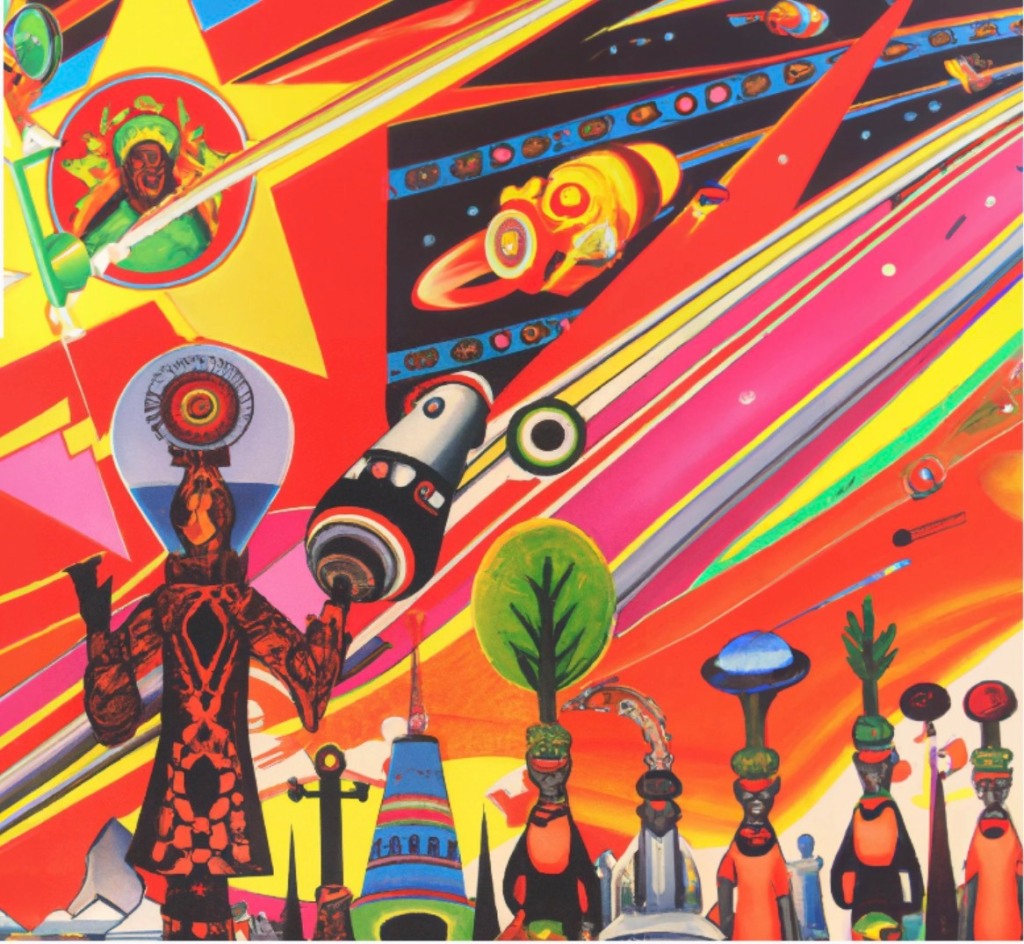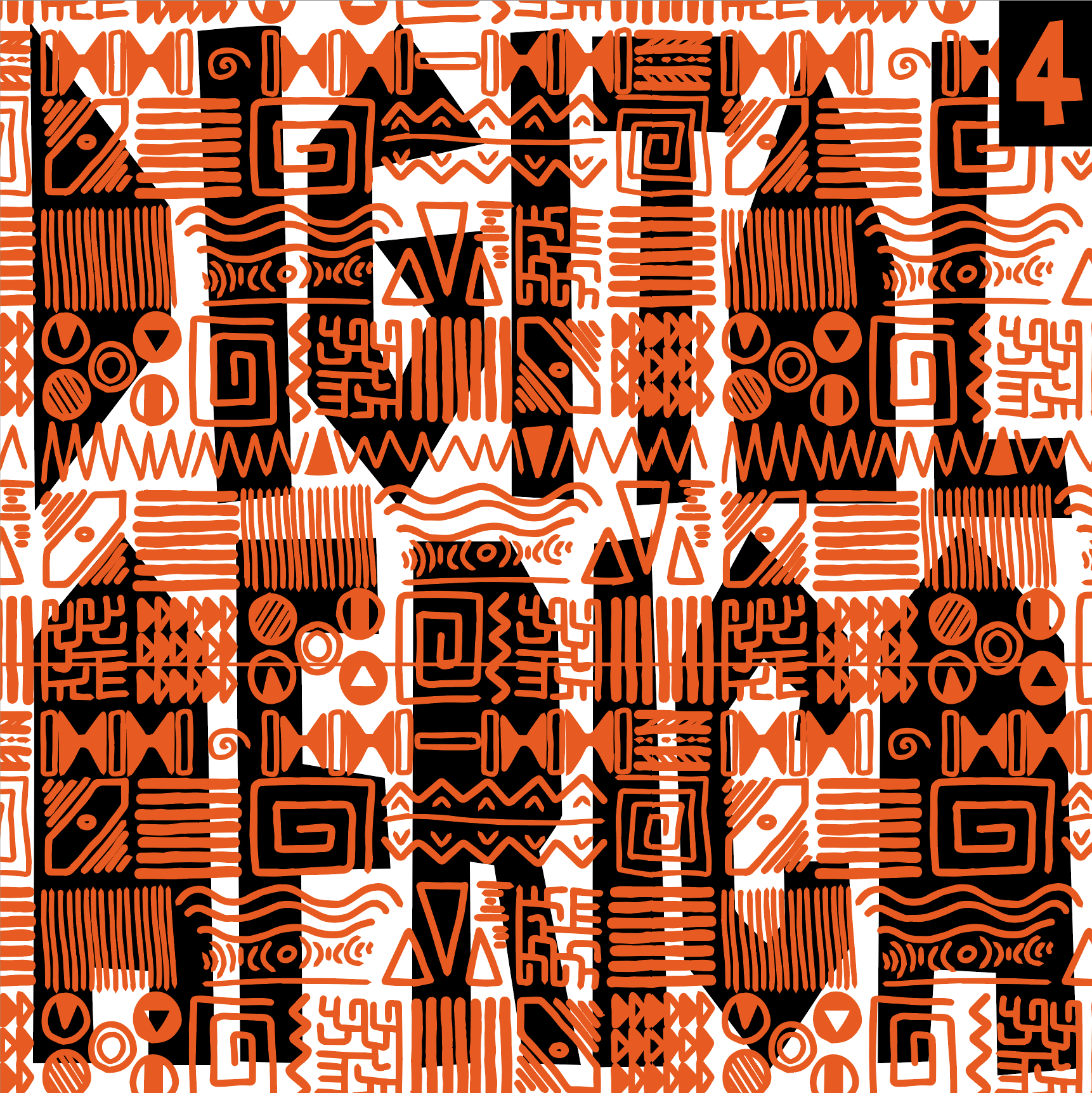
Futurism in Europe, the sonic avant garde, for the past half century or more, has proceeded on a total rejection of tradition. A cultural product of post-modernism and historical nihilism, the assumption rested upon is that the past is only shit and must be destroyed, wiped clean, to have tabula rasa – which is nothing but a fantasy, never mind the result of false understanding. So what we end up with at Atonal or Transmediale is an aversion to melody, a rejection of musicality, thousands of artists making bleeps, bloops, rigid, mechanical, inhuman forms, all of which mono-cultural, mono-rhythmic, and deeply pessimistic. But in the end, contemporary European electronic music, for all its rhetoric and pretence at “futurity”, fails to innovate, and is today in 2024 still near entirely reliant on innovations made 40+ years ago in Detroit and Dusseldorf — clubs are mostly still playing the exact same single untz untz rhythm pattern.
Futurism in the Global South is the opposite.
Firstly there is a formal revolution every few years in which new palettes, new rhythm patterns, and new dynamics emerge. In South Africa alone, we have seen radical new styles like Gqom and Amapiano within just the past decades.
Secondly, contemporary African electronic music is characterised by an EMBRACE of tradition, and not only those of the music makers themselves. In a heavy bass number, all of a suddent bursts of ecstatic deep jazz saxophone. Forms like Samba, Jamaican dancehall, etc., etc., are often alluded to and paid respect or re-interpreted. Angolan Kuduro often references Brazillian music as well as include Portugese influences; Amapiano encompasses near everything that has happened in not only African but also African American music during the past century, from jazz to house to hip hop and reggae, but done in unmistakeably South African ways.
The horrors unfolding around the world today in 2023 can be seen as the birth pangs of a new, more just and peaceful world to come.
Along with the final and real removal of colonial forces and increased cooperation with the multipolar world, we will see, are already seeing, authentic economic development, connection, and integration in and of the motherland. In the next decades to century or more, the humanist technologies of the Global South will thrive, multiply, and cross pollinate.
Now is a time to mourn, to struggle, as well as to celebrate the deep, world historic changes taking place, and what is to come.
We should dance not despite, not in trying to forget, the violence and sadness of current conflicts, but in the realisation that this is the end of the imperialist era; and in solidarity with the rise of multi-polarity, envisioning a bright future for the formerly colonised.














